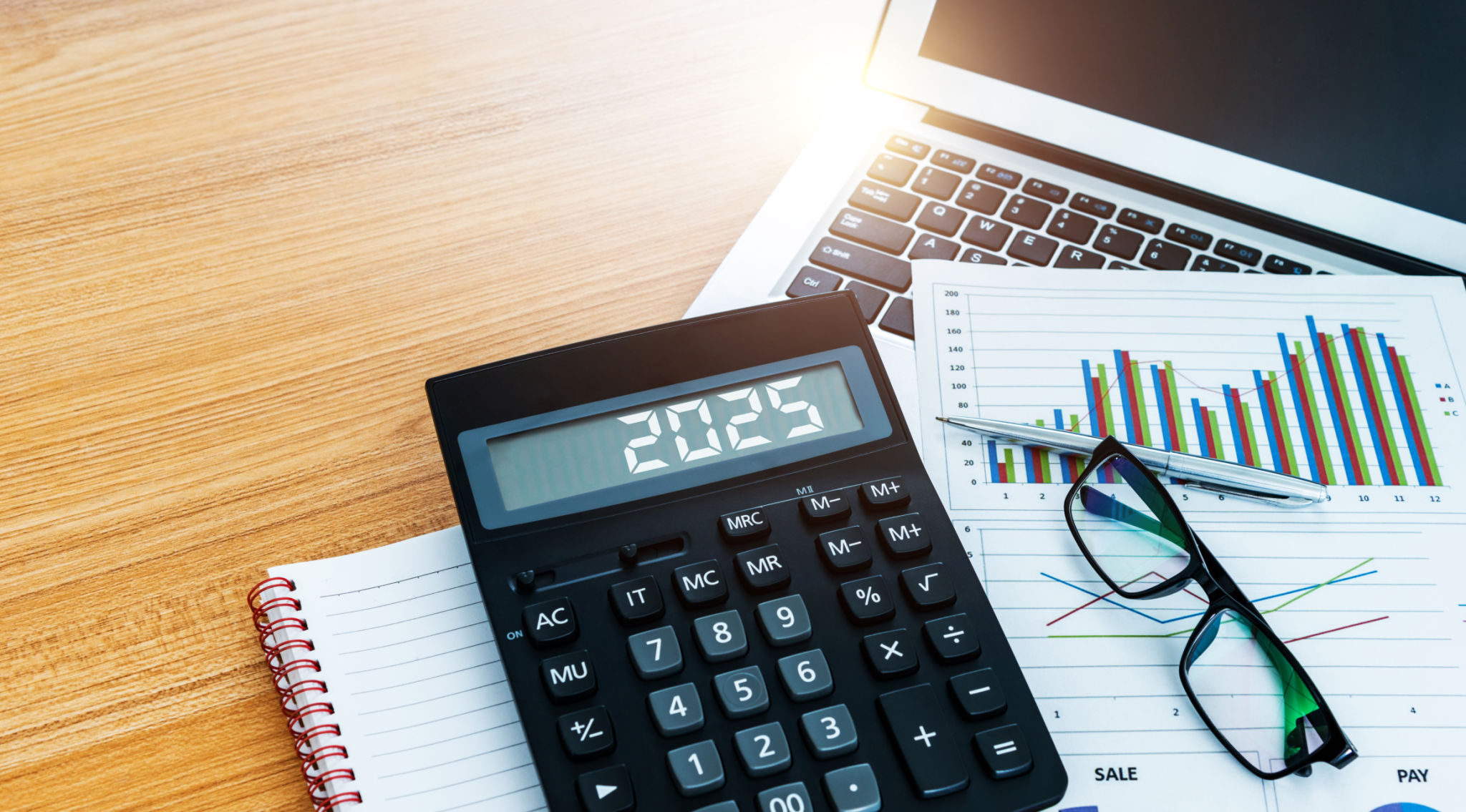Tax Planning for Freelancers: What You Should Know
Understanding Freelance Tax Obligations
As a freelancer, managing your taxes is crucial to maintaining financial stability. Unlike traditional employees, freelancers don't have taxes automatically withheld from their income. This means you'll need to be proactive in understanding and meeting your tax obligations to avoid penalties.

The first step in tax planning is understanding what you owe. The IRS considers freelancers as self-employed, which means you're responsible for both income tax and self-employment tax. Self-employment tax covers Social Security and Medicare contributions, which are typically split between employers and employees in a traditional work setting.
Estimating Quarterly Taxes
Freelancers are required to make estimated tax payments quarterly. This can be tricky, as income can fluctuate month to month. To avoid underpayment penalties, it's essential to estimate your annual income and divide this into quarterly payments. Keep track of your earnings and expenses diligently throughout the year.

To calculate your estimated taxes, you can use Form 1040-ES, which helps you figure out the amount to pay each quarter. It's always a good idea to consult with a tax professional if you're unsure about your calculations or if your income varies significantly.
Deductions and Credits
One of the benefits of freelancing is the ability to deduct business expenses. These can include office supplies, software subscriptions, travel expenses related to work, and even a portion of your home office if you work from home. These deductions can significantly reduce your taxable income.
Additionally, you may qualify for certain tax credits, such as the Earned Income Tax Credit or credits for education expenses. Be sure to research what credits are available to you or consult a tax advisor for guidance.

Keeping Accurate Records
Maintaining accurate records is vital for effective tax planning. Keep detailed records of all your income and expenses throughout the year. Use accounting software or apps specifically designed for freelancers to streamline this process.
Having accurate records will not only make filing taxes easier but also ensure you're prepared in the event of an audit. Remember to keep receipts and invoices for at least three years as proof of your income and expenses.
Seek Professional Help
Tax laws can be complex and ever-changing. As a freelancer, it may be beneficial to hire a professional accountant or tax advisor who understands the intricacies of self-employment taxes. They can provide personalized advice and help you maximize deductions while ensuring compliance with current tax laws.
Even if you prefer handling your taxes independently, consulting with a professional at least once a year can provide valuable insights and ease any concerns you might have about filing correctly.

